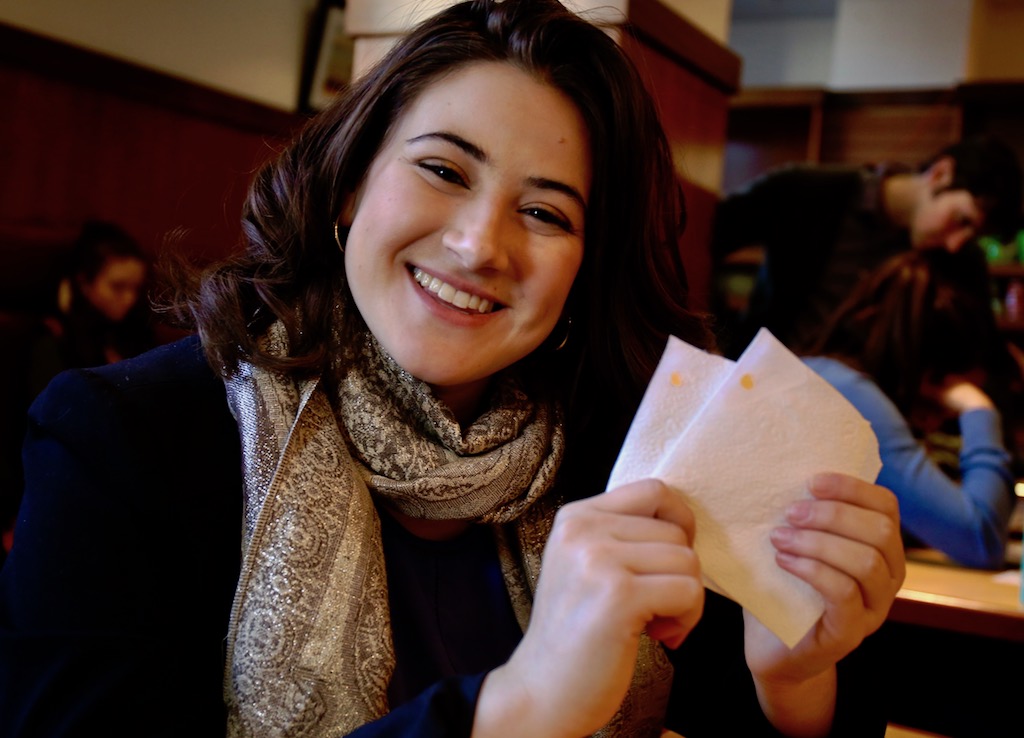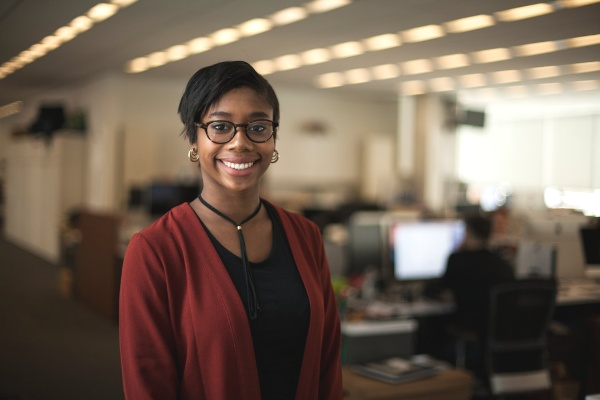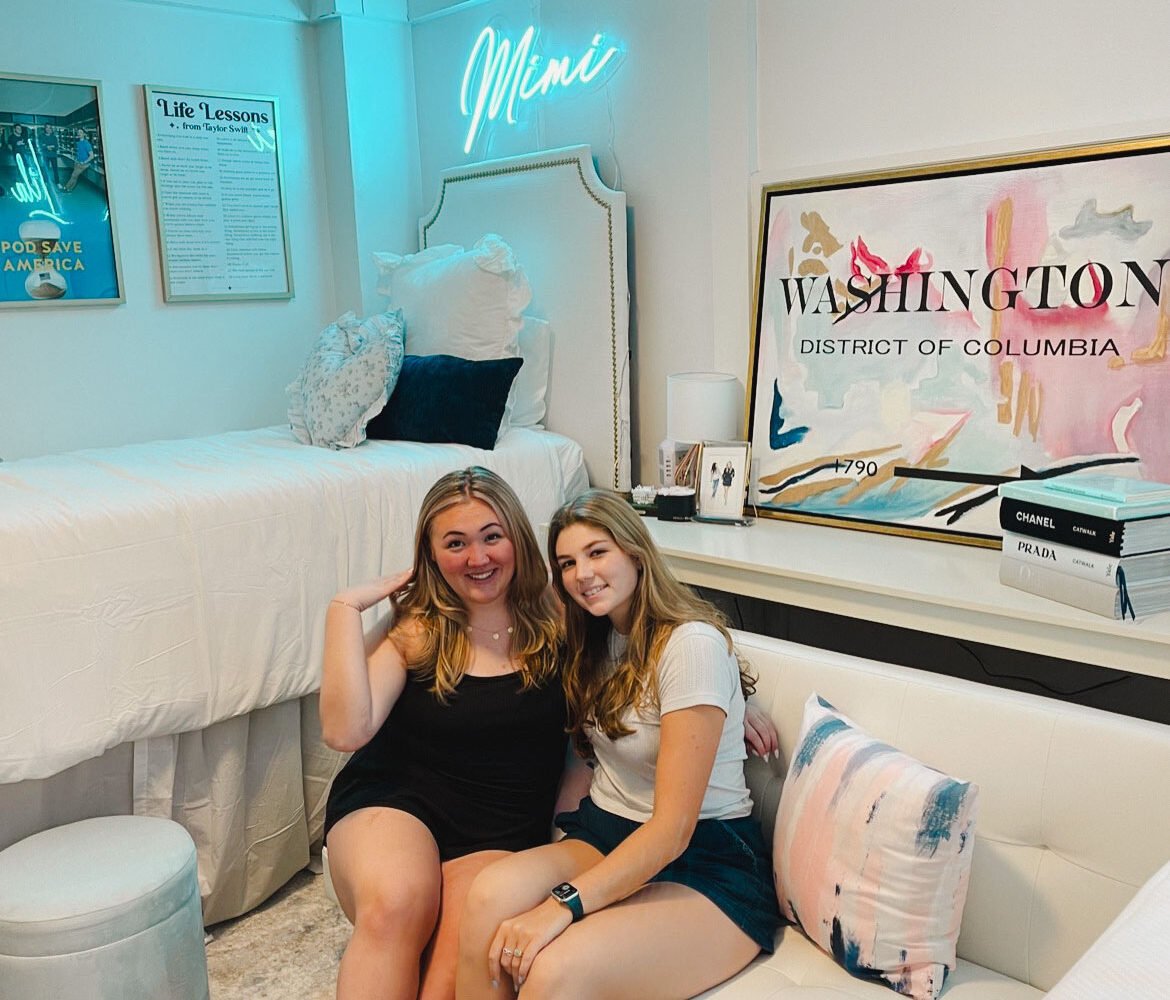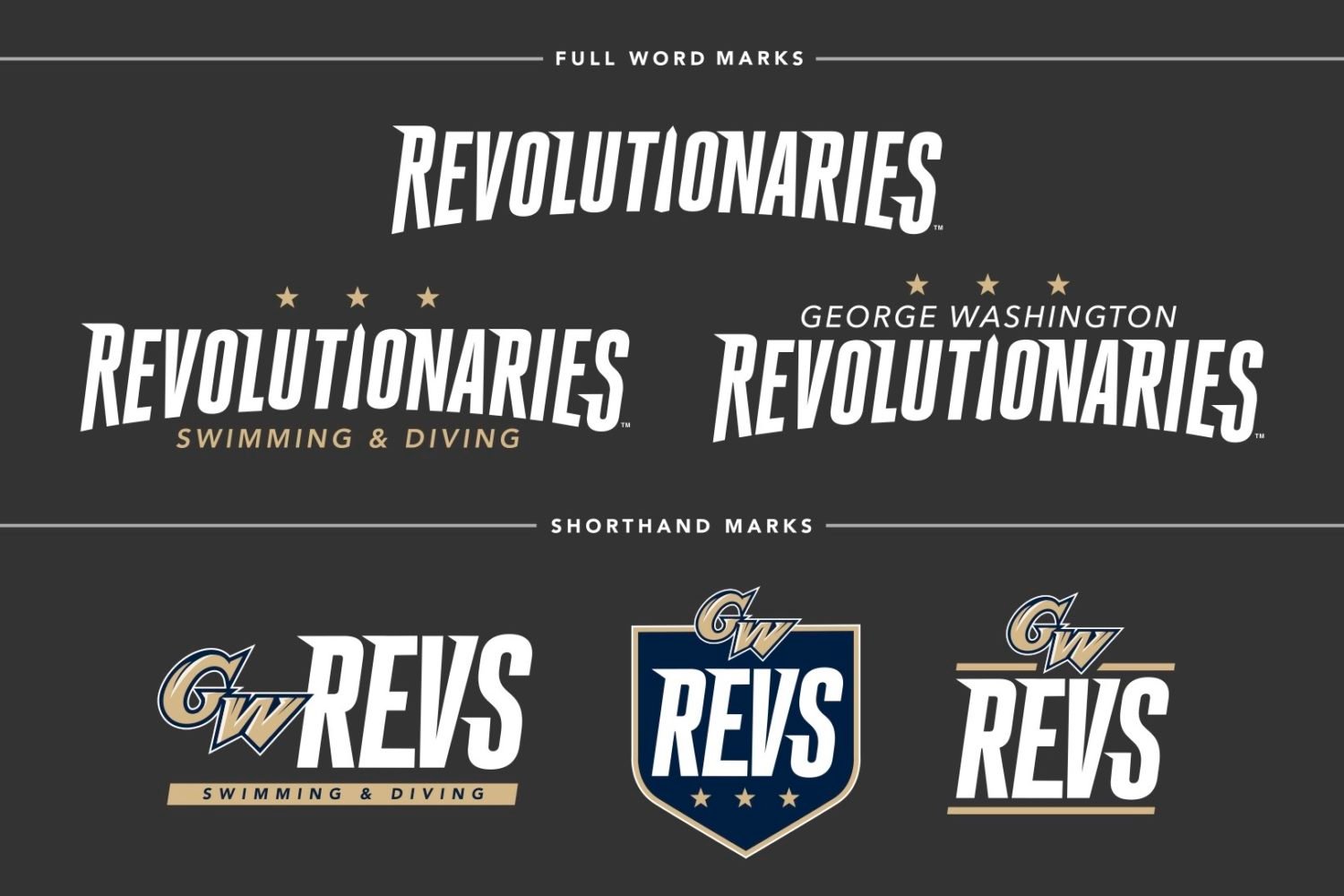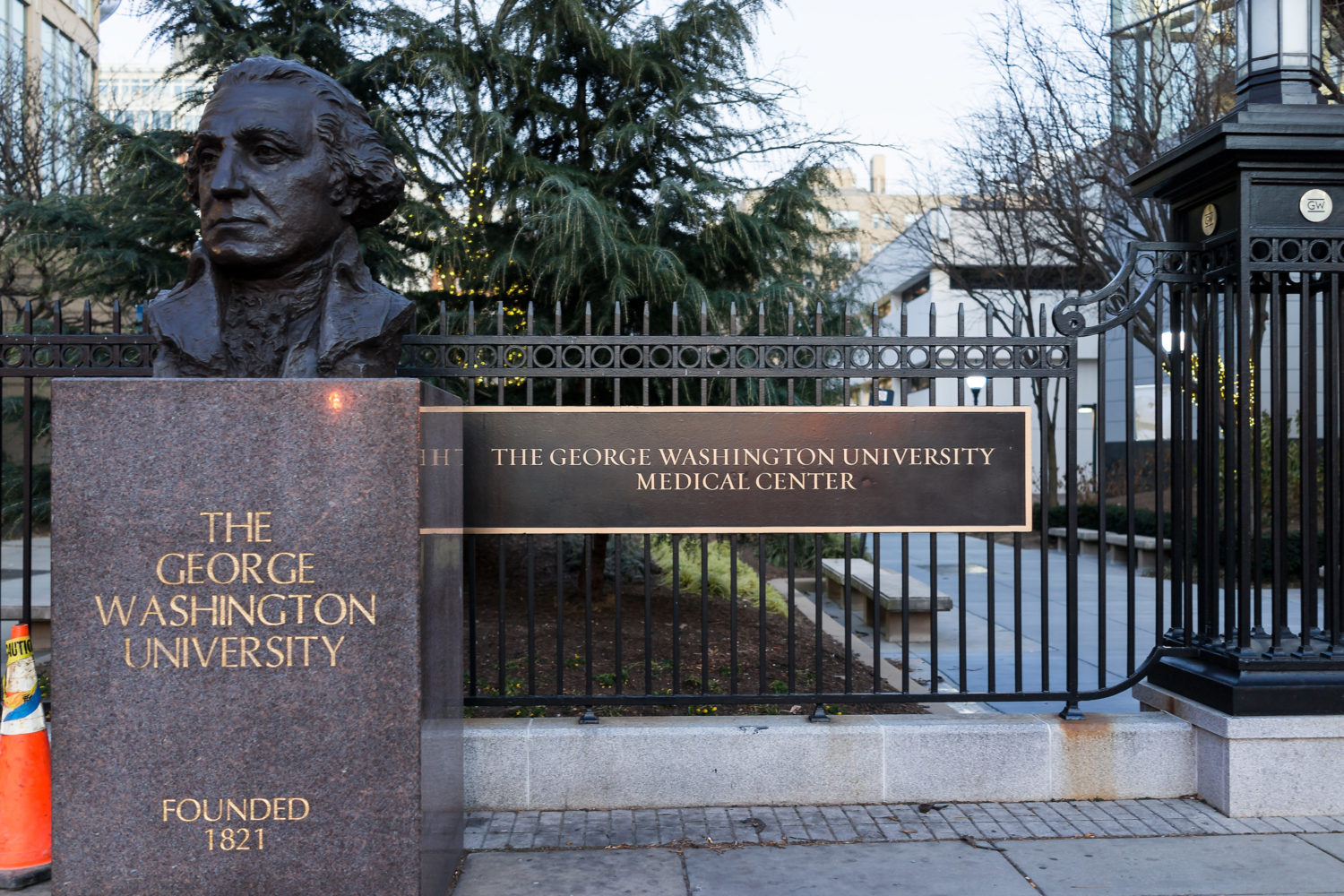After being drugged and taken advantage of by a friend while studying in Spain in summer 2016, George Washington University student Danya Sherman wanted to ensure that no one, regardless of gender, was left defenseless against a drug-facilitated assault. Sherman, now a junior studying international affairs and security policy, came up with her answer last spring, after taking a course on women’s entrepreneurship. The class, which Sherman says “was transformative,” also inspired her to come up with the idea for a new product—the KnoNap, a napkin that can detect the presence of 26 of 40 frequently used date-rape drugs.
The KnoNap, which Sherman developed with a laboratory in Massachusetts, changes color if it comes into contact with a beverage that’s been dosed with a date-rape substance, such as Rohypnol, Xanax, and Valium. She presented the concept at GW’s Pitch George Competition in 2017, and won a $2,000 prize. Sherman lined up other funding, and is currently working with potential commercial partners to put the KnoNap on sale by the end of 2018.
She spoke to Washingtonian about the product’s conception and development.
Where did the napkin idea come from?
I had been thinking about ways to empower individuals for a very long time, prior to the class. It was something I’d been thinking about and exploring ideas for. Seventy percent of sexual assaults occur between two people who know each other, and so with that in mind, I wanted to create a product that could be seamlessly incorporated into social settings so that individuals could feel comfortable using it, and wouldn’t have to choose between their social comfort and their welfare. So that’s where I started exploring beverage accessories.
It didn’t start out as a napkin. Interestingly enough, it started out as a stir stick. And I said, “This is such a brilliant idea, why is it not on the market?” So, I started doing some patent searches and Google searches, and found out the University of Tel Aviv had patented the date-rape-drug stir stick. I found out, similar to other ideas you might have heard of, like cups and nail polish, that anytime that you put chemicals in your drink, there’s a risk of cross-contamination. So what we did instead was reverse engineer, and I said, “Well, what’s a good beverage accessory that’s outside of the drink that does not have to be directly put in?” And that’s where we came up with the KnoNap.
Will they be available in stores or online?
We’re actually doing a Kickstarter as well so that will be in the spring of 2018. So that will be coming up soon which is very exciting. Individuals are able to preorder through that and become our early adopters. As well we’ll be selling online and with local distributors. So we’re working with pharmacies and grocery stores, as well as bars, clubs, and restaurants.
I know you don’t share your age, but you’ve created this product that could change a lot of young people’s lives.
One of the reasons I don’t share my age is that I don’t see age as a necessary indicator for what someone’s capabilities are. And especially as a woman, there’s a lot of science behind that when you identify your age, there’s never a good age to be. You’re either too young or too old. So I’ve just stopped answering, and I’d rather be judged off of what I’m doing and what I’m building rather than the superficial attributes of myself.
Obviously, this will come in handy for a lot of college students, and college students don’t always have the most money.
Exactly, so we want to make sure our product’s not a luxury. I want it to be something that’s extremely cost effective, and I actually want it to be accessible for college students through universities. In health centers there are free bowls of condoms. Condoms are preventative tools. Next to the bowls of condoms, I want there to be bowls of KnoNaps so that students are able to take them.
Have you been able to test it outside of the lab?
We’ve actually conducted three closed usability tests. So three focus groups with students in the DMV area. We’ve gotten feedback on usability, so how does it work, how does it feel, is the texture right? We worked with George Washington University and American University students. But also with dating-age individuals that are post-grad that live in the DC area.
Washington is probably a great city to get started with this.
We have a lot of support in DC. Especially after #MeToo where there’s more public awareness than ever before about the issues of sexual assault and drug facilitated assault. I’m really looking forward to growing KnoNap alongside this divisive time and saying enough is enough, and we’re working to combat the issue head-on.
You’ve said that you hadn’t heard a lot about the issue of drug facilitated assault until after your personal experience with it.
Yeah. Individuals don’t really care about the issue of rape drugs and drug facilitated assault in high school. It’s not a big conversation. And then when they come to university, they really only learn about the issue when they’re personally affected or when a friend of theirs is personally affected. At that point it’s too late. We want to work on prevention, and education, and empowerment and that’s where we’re coming from. My company is not a napkin company. We are a safety company. And I like to joke that my company is a “two-ply” company. So our first ply is obviously the product and the empowering of individuals in the setting with KnoNaps. The second ply is education. We’re partnering with Title IX offices, universities, as well as police departments to work with education and ensuring that the populace is educated against the issue of drug facilitated assault. We’re really much more than just a napkin company.

